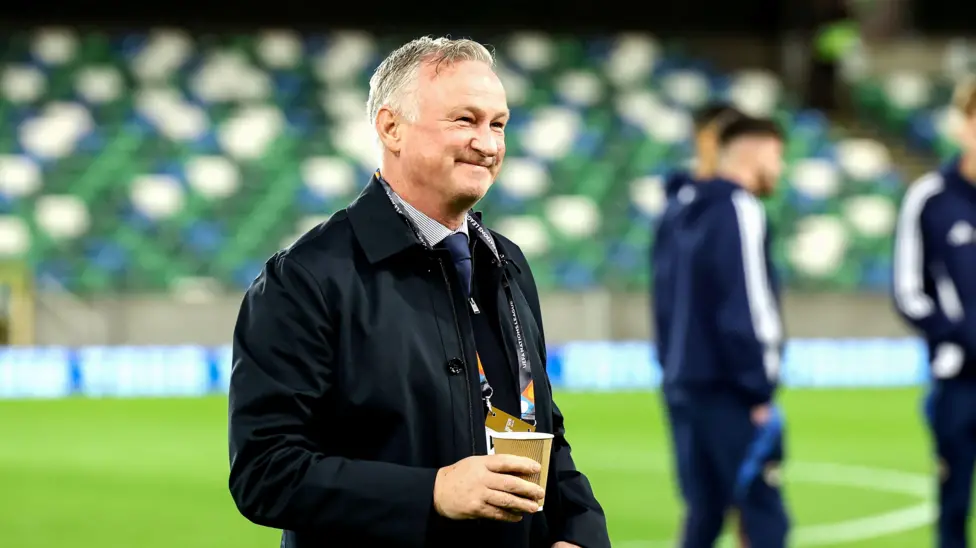
Can Northern Ireland Use Friendlies to Take Step Towards World Cup?
Northern Ireland Preparation for World Cup with Upcoming Friendlies
Northern Ireland‘s national football team finds itself in a unique position as it embarks on its journey towards the 2026 World Cup. Following their top finish in the Nations League C group in November, they now face a lengthy 10-month gap before their next competitive fixture. However, manager Michael O’Neill is hopeful that the upcoming friendly matches this month and in June will serve as valuable preparation for Northern Ireland‘s World Cup qualifying campaign.
The first two friendlies will see Northern Ireland face Switzerland at home on Friday night and a trip to Sweden on March 25. These fixtures present a significant challenge for the squad, as both Switzerland and Sweden are ranked within the top 30 of FIFA’s world rankings—20th and 27th, respectively. These higher-quality opponents will provide the ideal environment for the young Northern Ireland squad to test themselves and build momentum ahead of the World Cup qualifiers.
Where Will the Goals Come From for Northern Ireland?
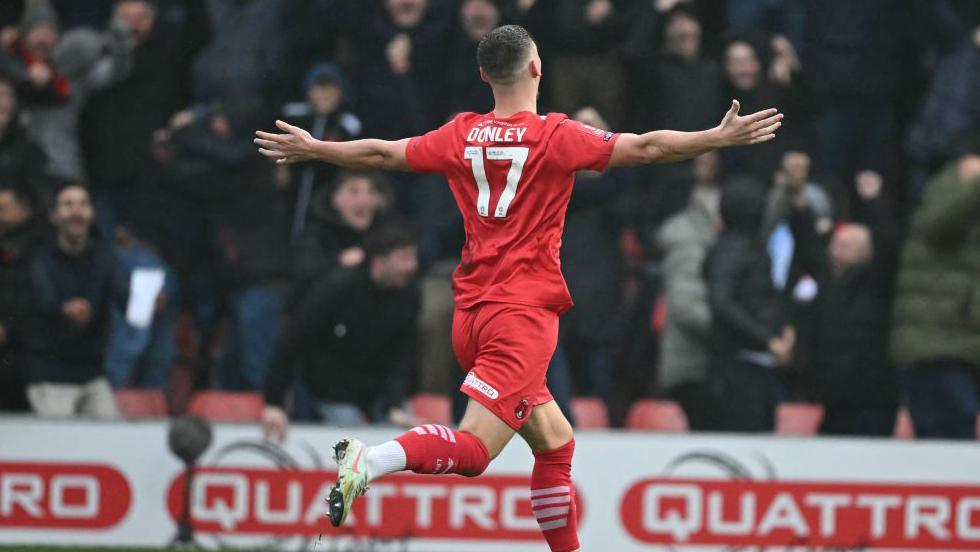
Jamie Donely celebrates
A crucial question for Northern Ireland as they look toward the World Cup qualifying campaign is where the goals will come from. Historically, Northern Ireland has struggled to find a consistent central attacking figure, especially since Kyle Lafferty’s crucial goals helped fire the team to Euro 2016. In fact, the current squad has an alarming lack of goal-scoring options up front.
As of now, Northern Ireland’s most prolific player in the squad is centre-back Paddy McNair, who has scored seven international goals. Unfortunately, the absence of Dion Charles due to injury leaves Northern Ireland with only five forwards, none of whom have scored an international goal. Moreover, two of these forwards have yet to earn their first senior international cap.
Nevertheless, there are some promising attacking options on the horizon for Northern Ireland. The Fifa transfers of former underage internationals Ronan Hale and Jamie Donely from the Republic of Ireland and England, respectively, could provide a much-needed boost. Hale, a former Cliftonville striker, has made a strong start to his career in the Scottish Premiership with Ross County, while Donely, currently on loan at Leyton Orient from Tottenham Hotspur, has netted six goals this season.
These two players, along with others like Lee Bonis, Callum Marshall, and Dale Taylor—who have collectively scored over 40 goals for their clubs in the 2025-26 season—could potentially bring some much-needed firepower to the Northern Ireland attack. The big question, however, remains whether these players can translate their club form to the international stage.
Will Northern Ireland Miss the Experience of Key Players?
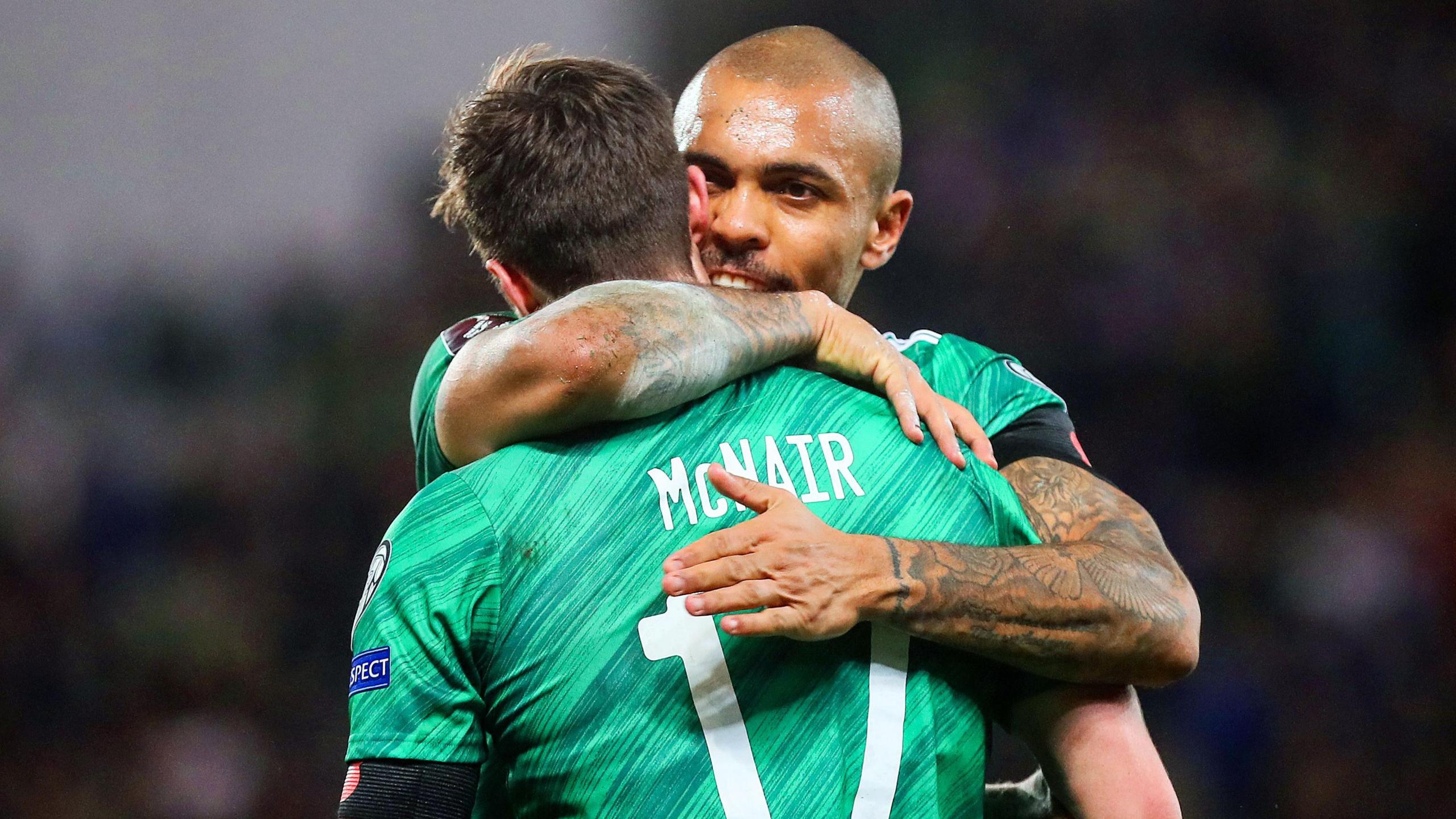
Paddy McNair hugs Josh Magennis
As Northern Ireland looks ahead to the World Cup qualifiers, one of the challenges they face is the absence of experienced players who have been integral to the team’s success in previous campaigns. The omission of Josh Magennis, the team’s most experienced player, has left a noticeable void in the squad. With 78 international caps, Magennis was the last remaining player from Northern Ireland’s 2016 Euro squad. His absence also highlights the changing of the guard in the squad, with a younger, less experienced core now tasked with leading the team.
Excluding McNair, the rest of the 24-player squad has an average of fewer than 11 caps, with four players—Ronan Hale, Jamie Donely, Terry Devlin, and Kofi Balmer—yet to make their debuts. The departure of several senior players, including Steven Davis, Jonny Evans, Stuart Dallas, and Craig Cathcart, who collectively accounted for 382 international caps, further emphasizes the lack of experience in the squad.
In their place, a new generation of players is emerging, with 14 of the 24 players in the squad for the upcoming friendlies aged 23 or younger. These players have already shown promise in the Nations League, but the upcoming games against Switzerland and Sweden will present a much higher standard of opposition. The question for O’Neill and his team is how this youthful core will manage the significant step up in quality.
Who Will Be Northern Ireland’s Captain?
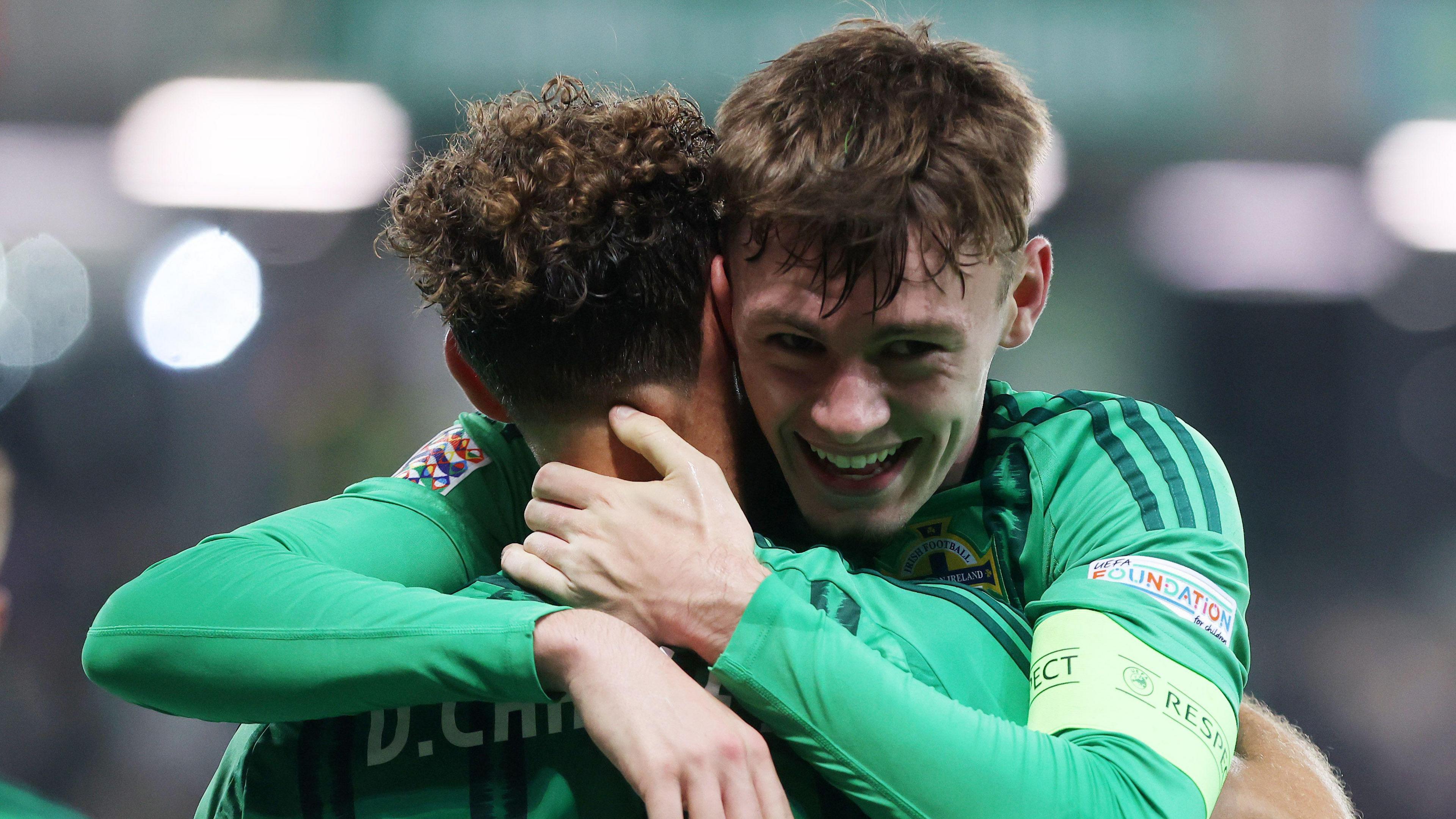
Northern Ireland gained Nations League promotion in November
Another area of uncertainty for Northern Ireland as they look ahead to their World Cup campaign is the captaincy. Since Steven Davis’ retirement in June, Northern Ireland has had four different captains in as many games. Daniel Ballard captained the team during a summer friendly against Andorra, while Trai Hume wore the armband for the opening two games of the Nations League campaign. Conor Bradley and Shea Charles have also had stints as captains during the last round of Nations League matches.
Given that Ballard and Bradley are both unavailable for the upcoming friendlies due to injury, O’Neill may opt to rotate the captaincy once again. Although Conor Bradley has been tipped as a potential long-term captain for the team, this month could see another new face take on the leadership role.
O’Neill has signaled that he is comfortable rotating the captaincy, hoping to establish a leadership group that can take charge both on and off the pitch. With a squad that is filled with youthful talent and players who are still finding their international footing, having multiple leaders will be vital for Northern Ireland‘s success in the long run.
Another New Number One for Northern Ireland?
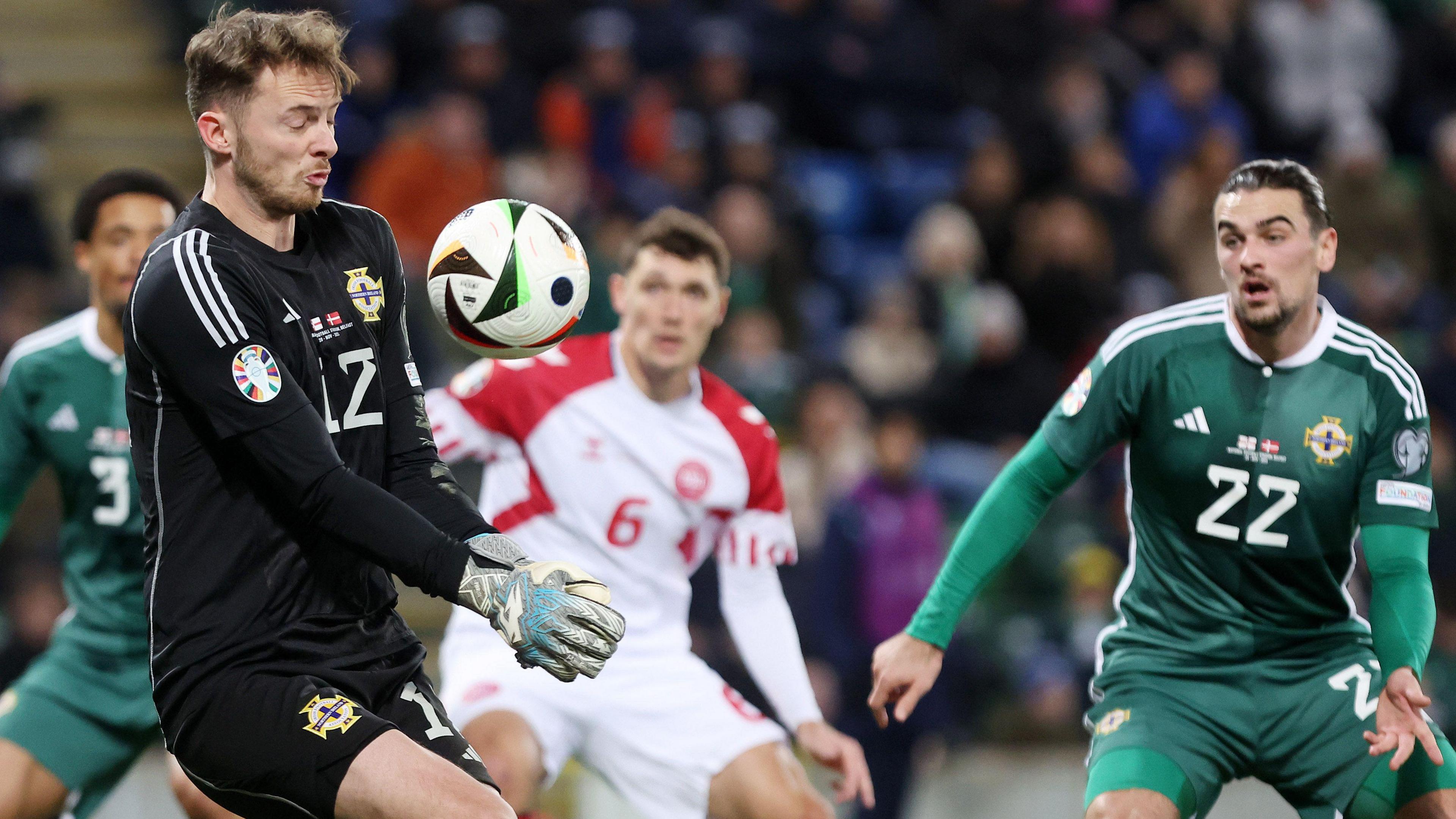
Conor Northern Ireland gained Nations League promotion in November
One of the most intriguing questions surrounding Northern Ireland’s upcoming friendlies is who will take the starting goalkeeper position. Bailey Peacock-Farrell, the most experienced goalkeeper in the squad with 48 caps, has been left on the standby list for these fixtures. Having lost his place to Pierce Charles, 19, in October due to injury, Peacock-Farrell has not featured for Northern Ireland since. Moreover, his lack of regular football at his club, where he has struggled for minutes in League One, has made his place uncertain.
Charles, who impressed in his three previous international appearances, kept three clean sheets and showcased excellent distribution from the back. However, his lack of regular playing time at Sheffield Wednesday may work against him in the eyes of O’Neill. On the other hand, Conor Hazard, who plays regularly as Plymouth’s number one goalkeeper in the Championship, could be in line for an extended chance in these friendlies. Hazard has impressed with his performances for Plymouth and could take advantage of his form to cement his place as Northern Ireland‘s number one.
The Road Ahead for Northern Ireland
As Northern Ireland prepares for their World Cup qualifiers, the upcoming friendlies against Switzerland and Sweden will be crucial in determining the direction of the team. These matches will provide Michael O’Neill with the opportunity to assess the strengths and weaknesses of his squad, especially with so many younger players in the mix. The competition against higher-ranked opponents will give them the experience they need to step up their game and better understand what it takes to qualify for a World Cup.
While there are plenty of unknowns surrounding Northern Ireland’s path to the World Cup, the friendlies against top-tier opposition are a valuable step in preparing for the challenges ahead. Michael O’Neill will be hoping that these games will give his young squad the necessary experience and confidence to make a successful push for the 2026 World Cup.

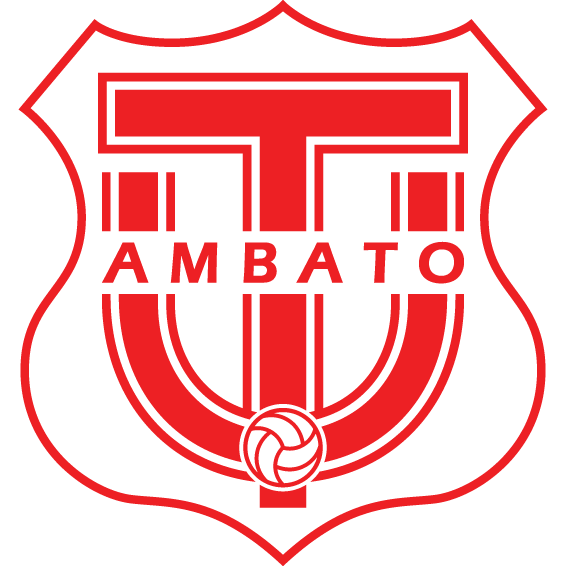
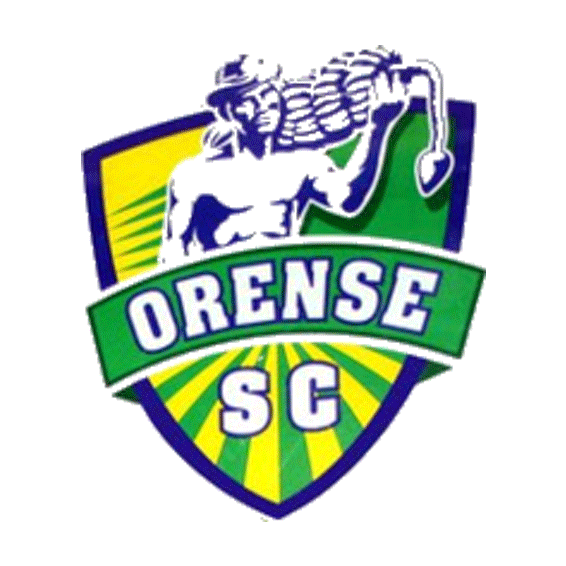
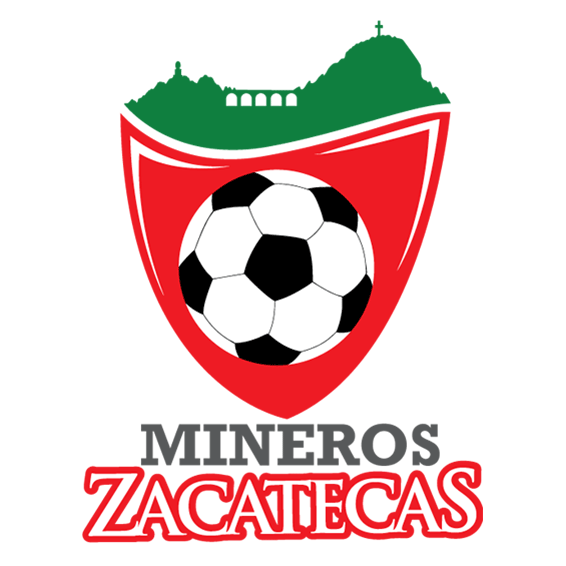
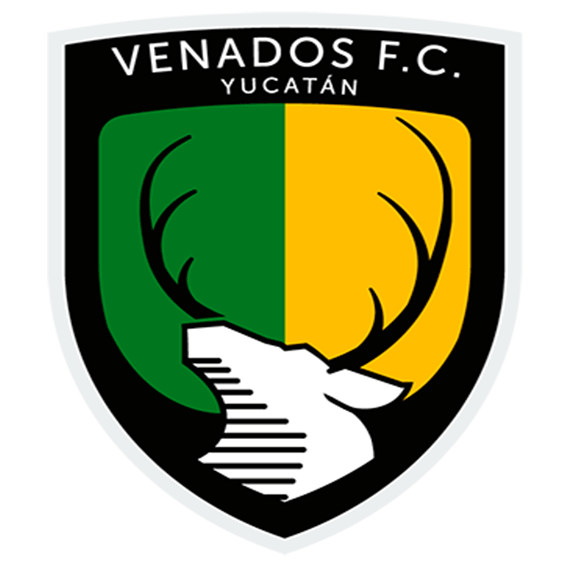
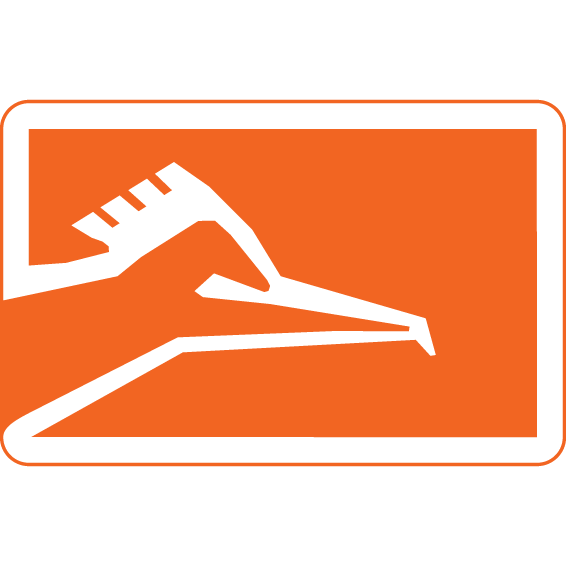
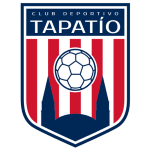
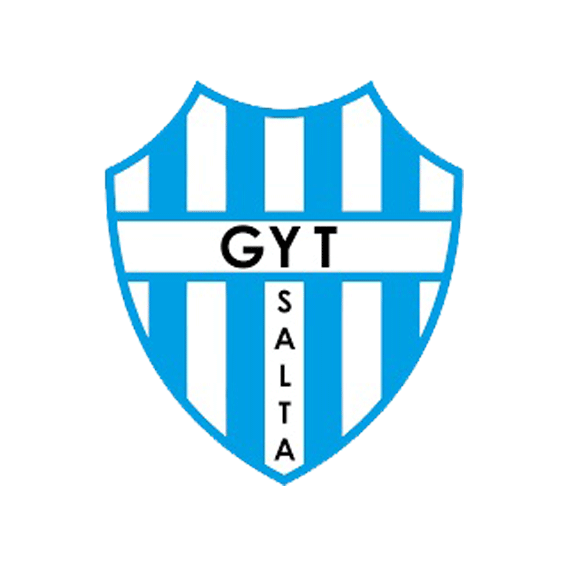
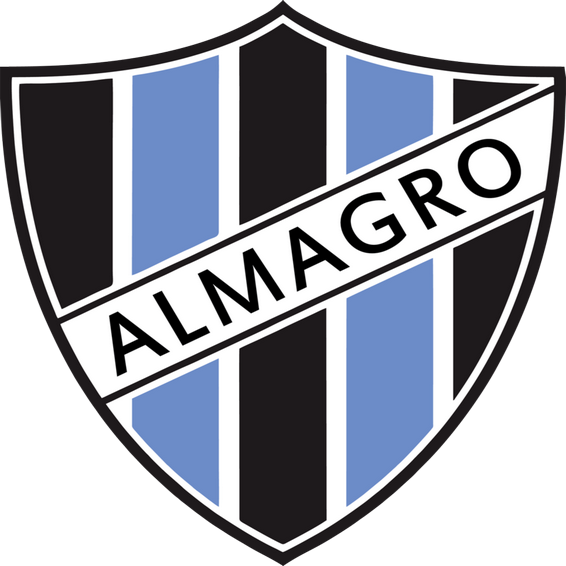
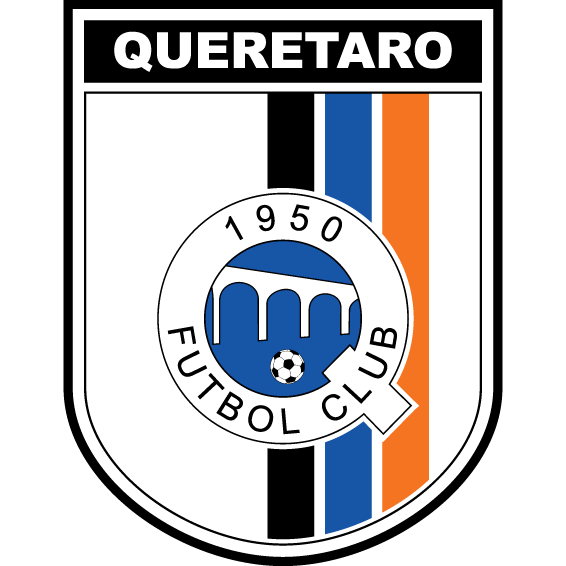
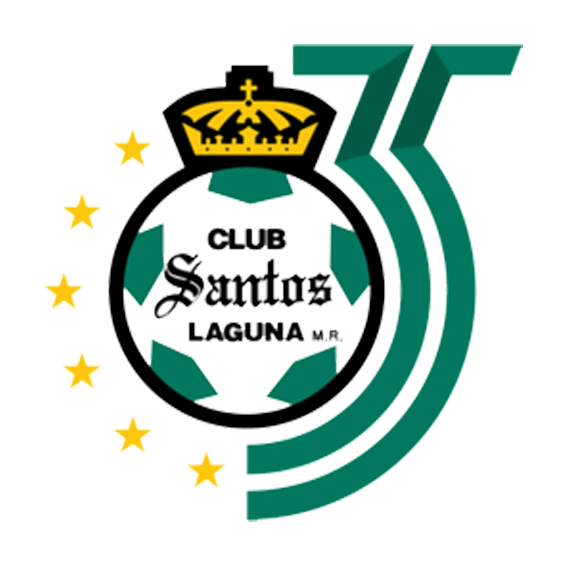
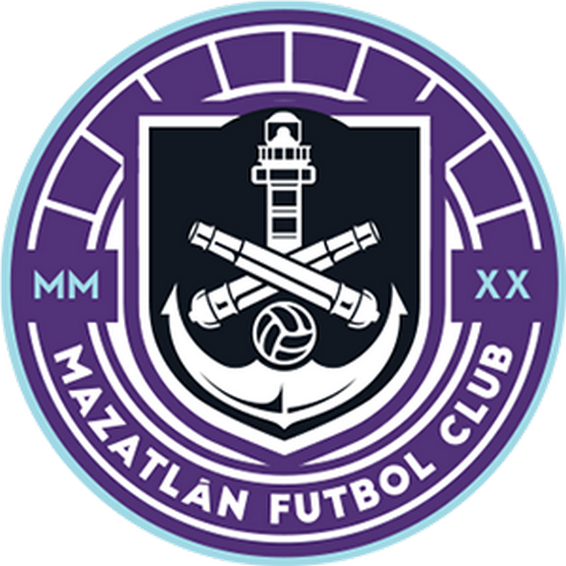
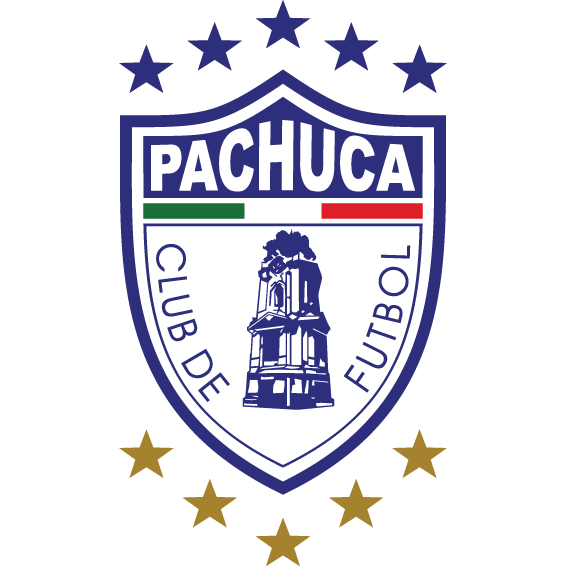

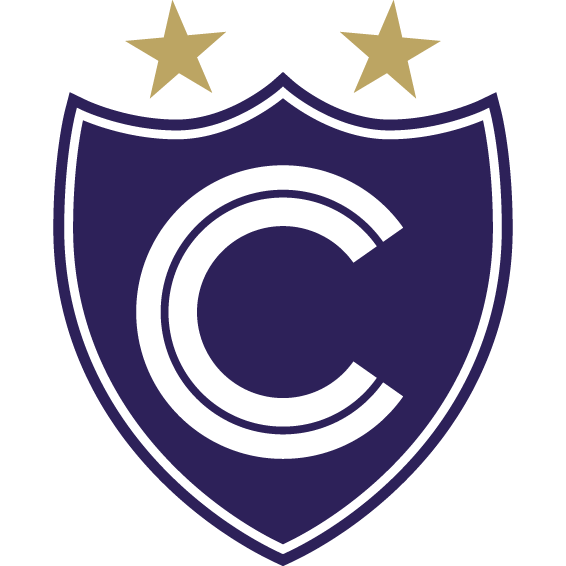
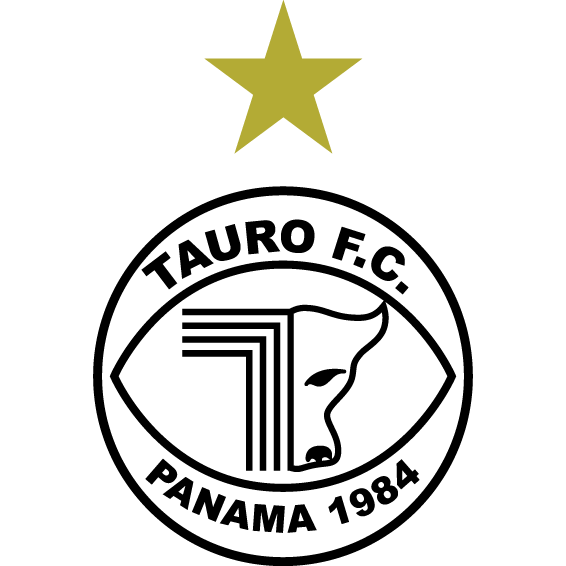

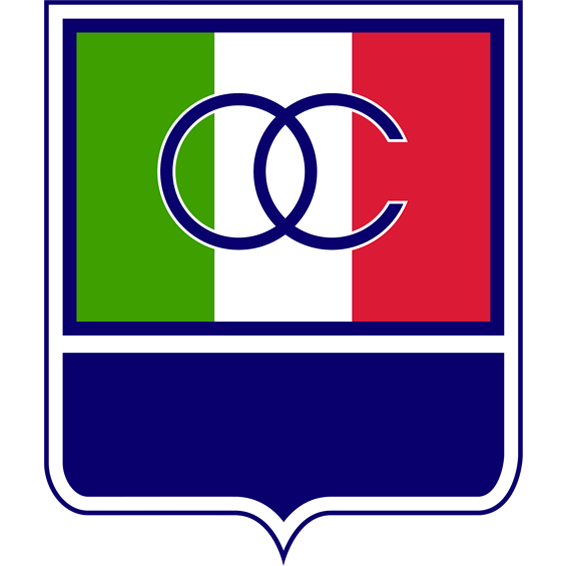
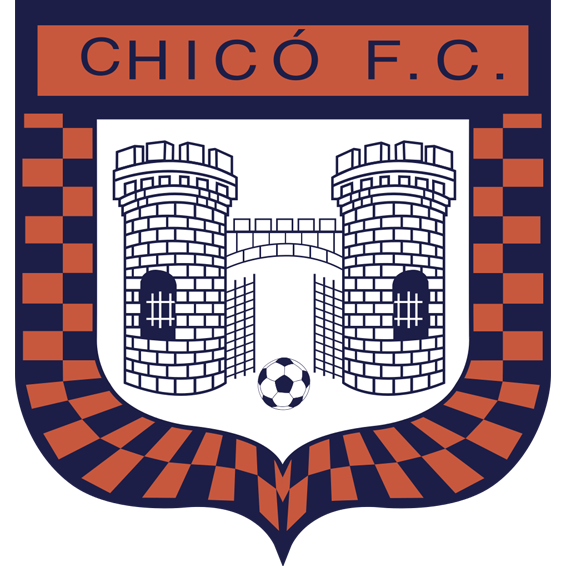
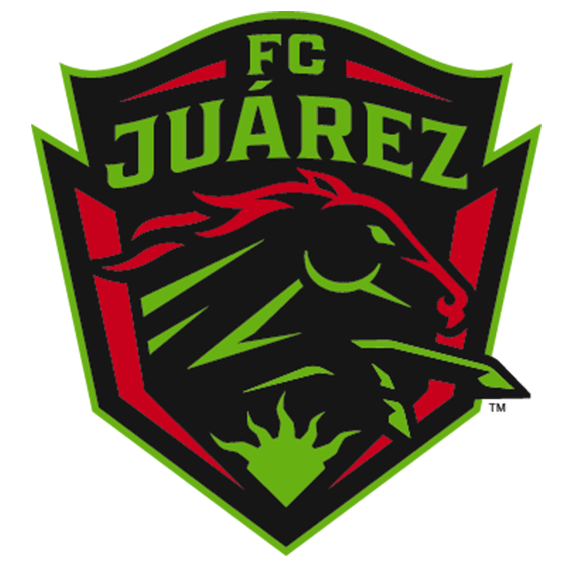
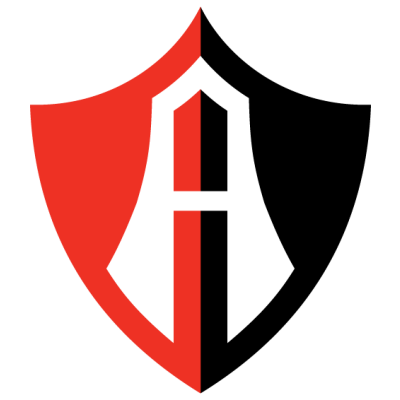
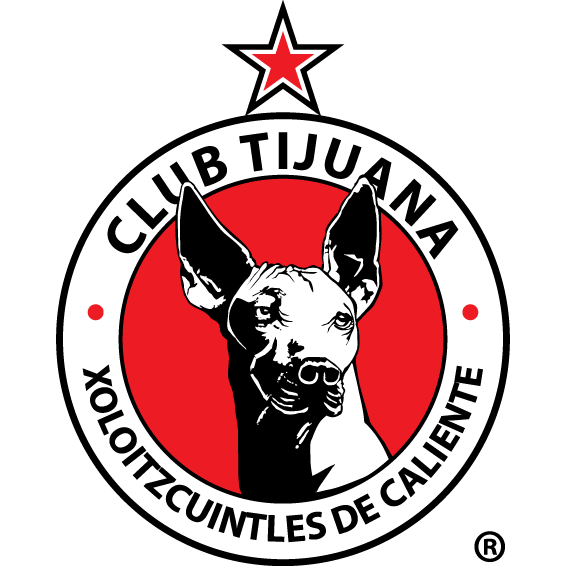

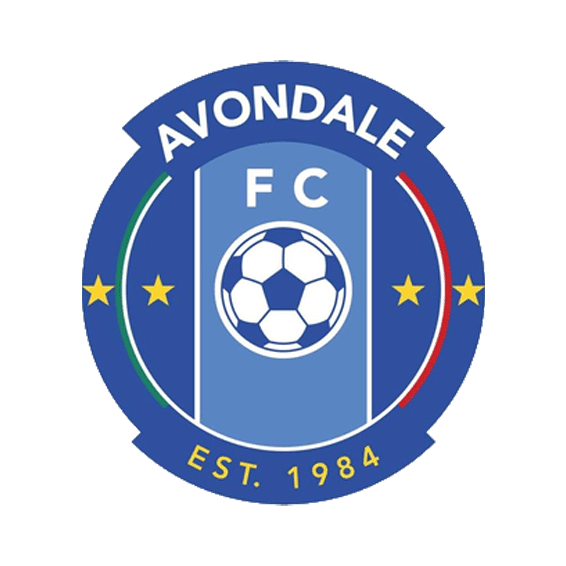
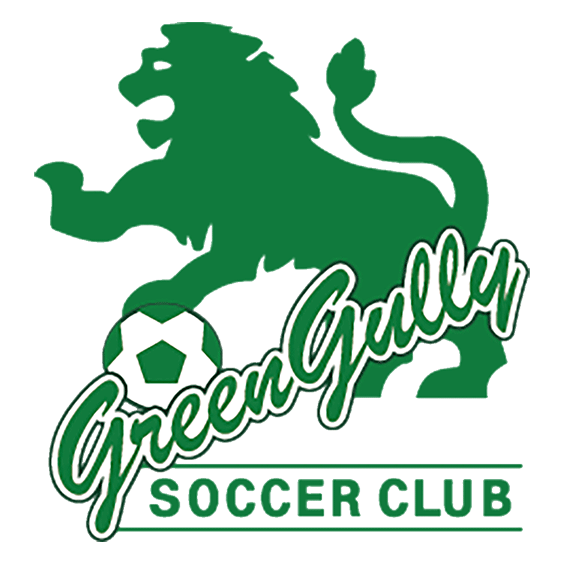
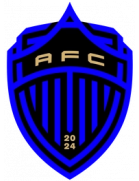
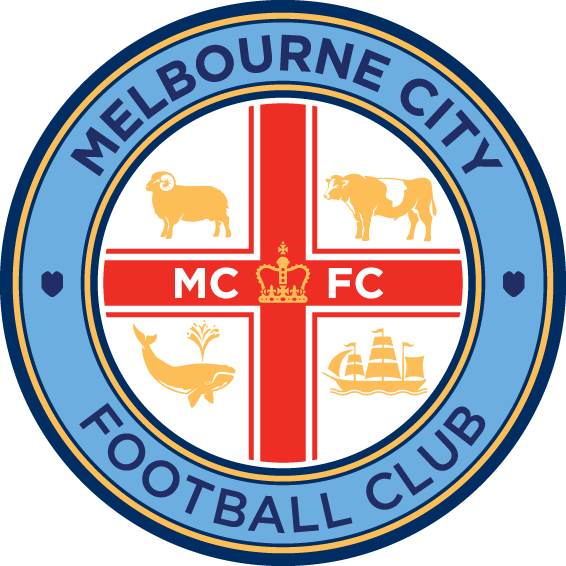
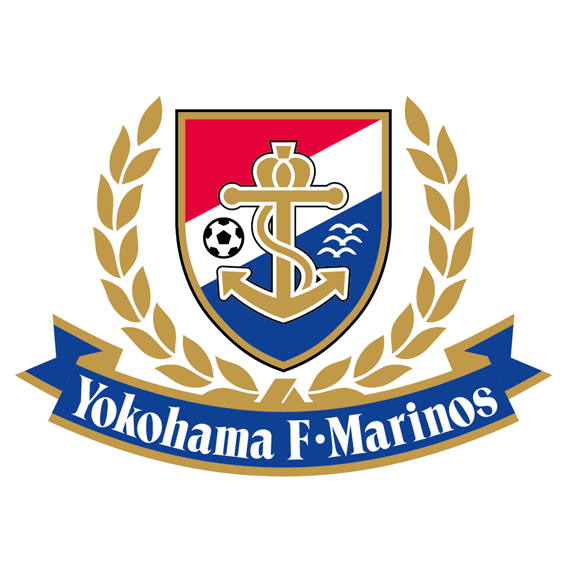
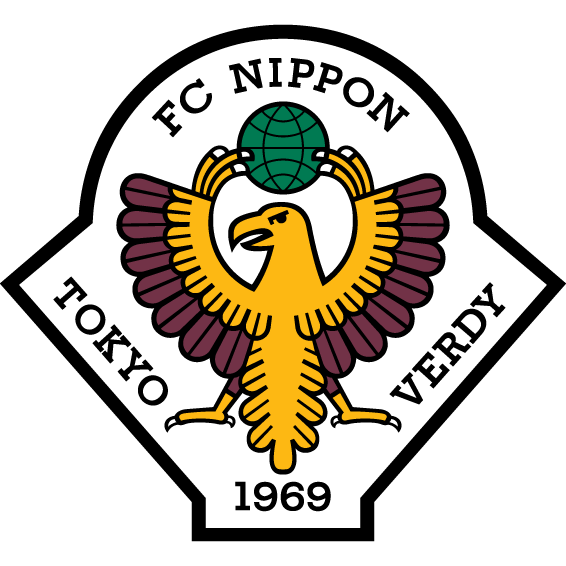

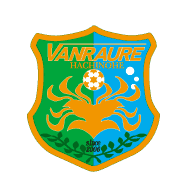























There are no comments yet. Be the first to comment!